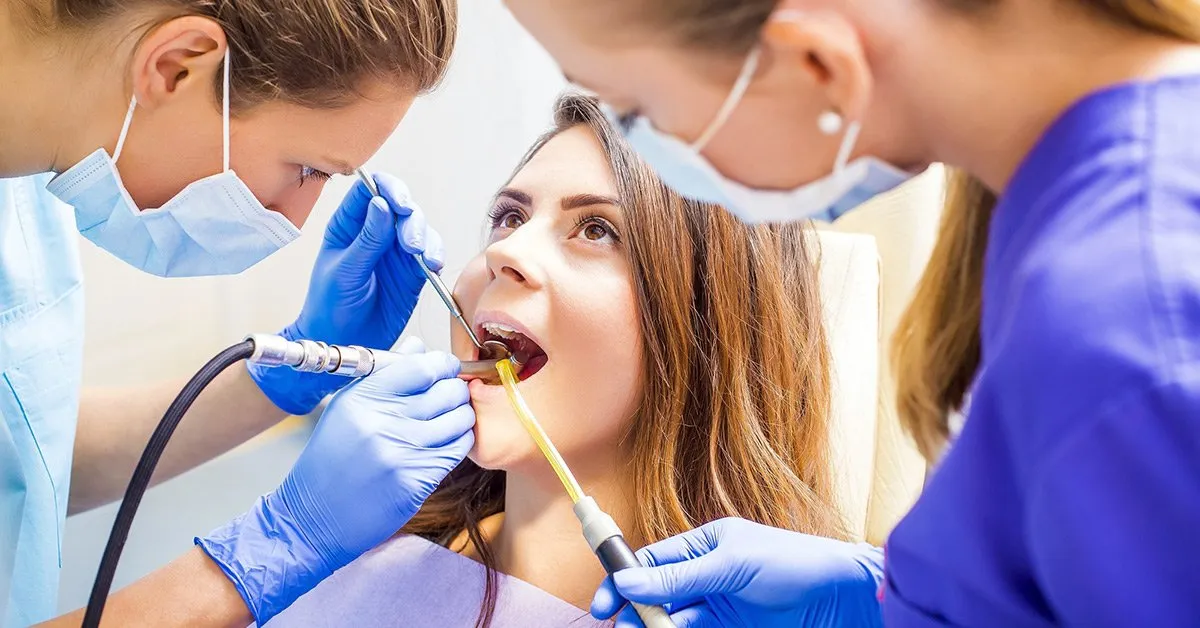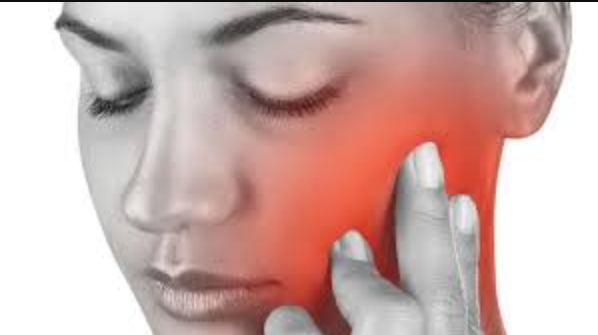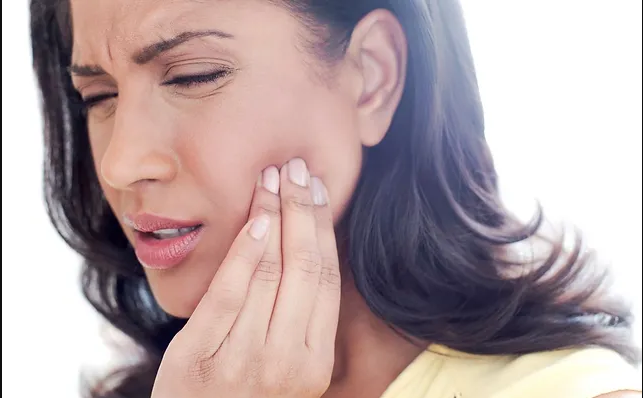-
Mon-Fri (8:30 AM - 5:30 PM)
Sat (8:30 AM - 3:00 PM), Sun (Closed)
-
3730 FM 2920 Suite 102
Spring, TX, 77388
-
Call
(832) 430-6010
TMJ/TMD Treatment in Spring, TX - TMJ/TMD Dentist In Spring Tx
TEMPOROMANDIBULAR JOINT DISORDERS (TMD)
Book NowPeople who grind their teeth can sometimes develop a serious problem with their jaw, which left untreated, can adversely affect the teeth, gums and bone structures of the mouth. One of the most common jaw disorders is related to a problem with the temporomandibular joint (TMJ), the joint that connects your lower jaw to your skull, and allows your upper and lower jaw to open and close and facilitates chewing and speaking. TMJ/TMD Treatment in Spring, TX
The two TMJs that connect your lower jaw, the mandible, to the temporal bone of the skull on either side, are actually very complex joints that allow movement in three dimensions. The lower jaw and temporal bone fit together as a ball and socket, with a cushioning disk in between. Large pairs of muscles in the cheeks and temples move the lower jaw. Any of these parts — the disk, the muscles or the joint itself — can become the source of a TMD problem. If you are in pain, or are having difficulty opening or closing your jaw, a thorough examination can help pinpoint the problem area; then an appropriate remedy can be recommended. TMJ/TMD Treatment in Spring, TX, TMJ/TMD Dentist In Spring Tx- TEMPOROMANDIBULAR JOINT DISORDERS (TMD)
Temporomandibular Joint Disorders (TMD)
What is TMD?
Causes, Symptoms, Treatments for TMD
Causes of TMD
As with any other joint, the TMJ can be subject to orthopedic problems including inflammation, sore muscles, strained tendons and ligaments, and disk problems. Genes, gender (women appear to be more prone to it), and age are often factors in TMD. Physical and psychological stress can also be a factor. In some cases, jaw pain may be related to a more widespread, pain-inducing medical condition such as fibromyalgia (“fibro” – connective tissues; “myo” – muscle; “algia” – pain).
Minor cases of TMD involve discomfort or pain in the jaw muscles. More serious conditions involve improperly aligned joints or dislocated jaws. The most extreme form of TMD involves an arthritic condition of the jaw joint. Traumatic injuries also can cause jaw dislocation. In major cases, jaw surgery can correct the condition. Some jaw surgery occurs arthroscopically.
Symptoms of TMD
People with TMD often have a clicking or popping sound when opening and closing their mouths. Such disorders are often accompanied by frequent headaches, neck aches, and in some cases, tooth sensitivity. Other signs and symptoms of TMD include:
Clicking Sounds — Some people with TMD hear a clicking, popping or grating sound coming from the TMJ when opening or closing the mouth. This is usually caused by a shifting of the disk inside the joint. Someone standing next to you might even be able to hear it. Clicking by itself is actually not a significant symptom because one-third of all people have jaw joints that click, studies show. However, if the clicking is accompanied by pain or limited jaw function — the jaw getting “stuck” in an open or closed position, for example — this would indicate TMD.
Muscle Pain — This can be felt in the cheeks (masseter muscles) and temples (temporalis muscles) because this is where the two big pairs of jaw-closing muscles are. If you feel soreness and stiffness when waking it’s likely due to clenching or grinding. If you have this type of nocturnal habit, we create a custom night guard to decrease the force to your teeth. This allows your muscles to relax which relieves pressure on your jaw joints. Other self-care remedies are discussed below (please see Relieving the Pain).
Joint Pain — Pain that’s actually coming from one or both jaw joints technically would be described as arthritis (“arth” – joint; “itis” – inflammation) of the TMJ. Radiographs (x-ray pictures) show that some people have arthritic-looking TMJs but no symptoms of pain or dysfunction; others have significant symptoms of pain and dysfunction but their joints look normal on radiographs. There is no cure for arthritis anywhere in the body, but medication can sometimes help relieve arthritic symptoms. TMJ/TMD Treatment in Spring, TX
Treatments for TMD
After examination, we complete a strategy for treating your condition and managing your pain. This may include a temporary change to softer foods, using ice and moist heat to relieve soreness. Gentle stretches can help muscles in spasm. Non-steroidal anti-inflammatory medications also provide relief. Additionally, muscle relaxants, aspirin, biofeedback, or sleeping with a small plastic appliance helps.
Severe TMD cases may require more complex forms of treatment. This may include orthodontics, dental restorations, and bridgework. It may also include minor procedures inside the joint such as cortisone injections or lavage (flushing) of the joint. It’s rare for major surgery ever to be necessary in a case of TMD. We implore a wide range of conservative, reversible treatments, giving them ample time to work to test effectiveness. The first step is an examination at the dental office. To learn more about available treatment options, view this Chart on TMD Therapy. TMJ/TMD Treatment in Spring, TX, TMJ/TMD Dentist In Spring Tx- TEMPOROMANDIBULAR JOINT DISORDERS (TMD)
Trust your smile to the most caring doctor in Spring! We welcome new and returning patients.TMJ/TMD Treatment in Spring, TX, TMJ/TMD Dentist In Spring Tx- TEMPOROMANDIBULAR JOINT DISORDERS (TMD)
Meet Your Doctor

Dr. Romil Pasrija
Dentist
Dr. Romil Pasrija obtained her Advanced Training and Doctorate of Dental Medicine DMD from Boston University Henry M. School of Dental Medicine. After practicing several years as an associate dentist, Dr. Romil founded Passmiles near her hometown of Houston, Texas. Becoming a Dentist and serving people and community was always her dream. Dr. Romil is an active member of American Dental Association, Texas Dental…




